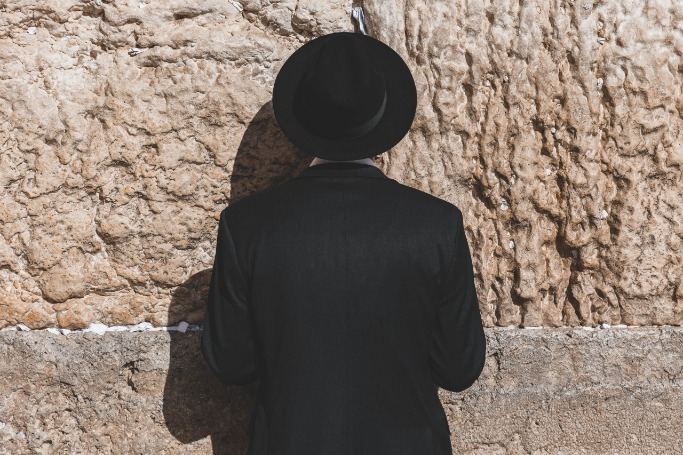Even in suburbia,
as we played hopscotch on tidy cement squares
or walked two by two to the elementary school,
the old country would seep in.
Like that implausible carousel
mounted on the back of a broken-down truck,
the brown-toothed man parked at the corner, motioning us over.
How silly we felt, lining up to pay for a couple of go-rounds
on those faded wooden horses.
Or the odd knife sharpener,
maneuvering his clunky bus down the tree lined streets.
Banging pots and pans with a metal spoon,
making a God-awful racket.
Didn’t he know he was a long way from Brooklyn?
A long way from push-carts and babushkas?
Imagine our surprise when our mothers
streamed from the houses, carrying scissors and garden shears;
holding them out to him like offerings.
And yes, I saw him first, that unlikely figure
cutting through the park, wrapped in a long black overcoat,
stubby hat perched on his head,
and that scratchy-looking beard on such a hot day.
My father was mowing the lawn
and my mother doing the Times puzzle.
I wanted to say to this old-fashioned stranger:
Keep going. Don’t stop here.
But my father cut the engine and my mother lifted her pencil.
This man spoke to them in Jewish for a long time,
swaying from side to side while they nodded,
his busted shoes jammed into the grass
as if he would never leave,
and when he raised his hands to the heavens,
the black sleeves slid down,
exposing the numbers tattooed into his arm.
Published in Fixed & Free Anthology
Photo by Dave Herring on Unsplash
